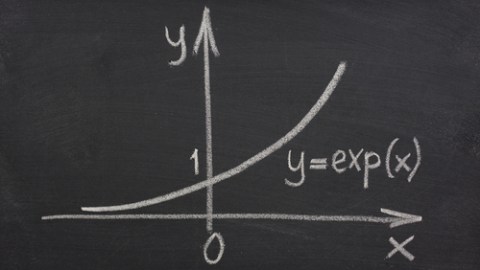How Challenge Becomes Opportunity

It was “Global Grand Challenges Week” at Singularity University, where 50 experts from all around the world visited us here at the NASA Research Park in Silicon Valley to share their insights about the core problems that plague our world. Broken up into 8 different categories, the GGCs include: Global Health, Water, Energy, Environment, Food, Education, Security, and Poverty.
If you recall last week’s post, I wrote about how the first step in the GSP journey involves a shift in mindset; to start thinking boldly and intuit The Law of Accelerating Returns. This new perspective was crucial throughout the week; As Einstein once said, “We can’t solve problems by using the same kind of thinking we used when we created them.” Not being burdened by the failures of the past or the incompetencies of the present, the students’ forward-looking approach transforms these challenges into great opportunities.
So despite a dose of realism, optimism at Singularity U remains as high as ever. We know we have the potential, both in mind and in technology, to solve these problems. The key lies in focus and execution.
As the GSP rolls on, these GGCs will be the motivation for the ideas and inventions that arise from the Team Projects. All of the technologies we’re learning about are cool, but what’s really cool is when they can be applied to change the world. Whether it’s finding a better way to capture and store solar energy, or desalinate water and distribute it to people in need, the Singularity U education about what is possible tomorrow is rooted by what is needed today.
The final session of the week closed with one of the more kumbaya-like moments of the summer, as a group of Teaching Fellows and students got together to do a Singularity-inspired spin on John Lennon’s “Imagine” – you have to see it to believe it.





